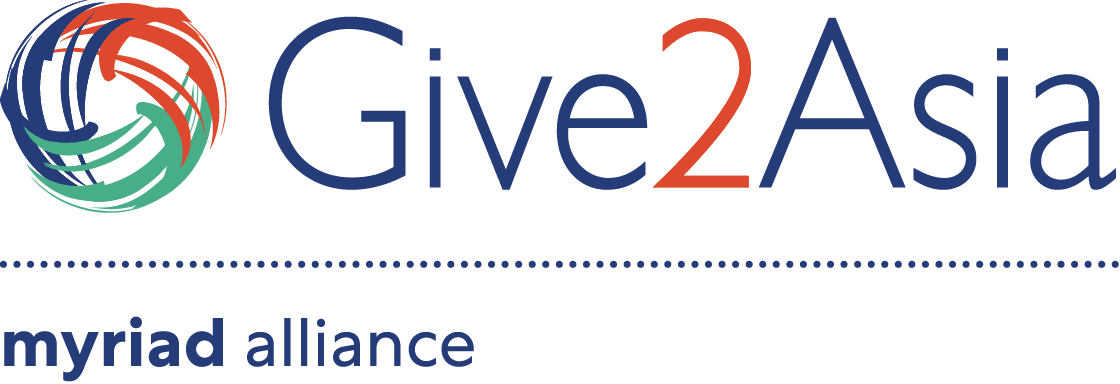Bangladesh is prone to cyclones due to its social and geographical conditions. The Sundarbans, one of the most vulnerable coastal communities in the Region often take the blow from climate change induced threats such as bank erosion, tidal surges, cyclones, and salinity intrusion, not to mention unsustainable human actions such as over-harvesting and illegal hunting. The Sundarbans have seriously suffered from two of the strongest tropical cyclones in the history of Bangladesh; Sidr in 2007 and AIla in 2009.
Since May 2018, Bangladesh Environment and Development Society (BEDS), Give2Asia, and IIRR collaborated to implement a project that will increase the Disaster Preparedness Capacity of the Sundarbans coastal communities. The project aims to reduce their vulnerability by providing the communities with skills on signalling, vulnerability assessment, embankment protection, and increasing community awareness on their roles and responsibilities in pre, post and during disaster etc.
The government and local communities are cooperating to be more adaptive to cyclones and other hazards. A recent training on Assessing the Village Disaster Risk and CMDRR was conducted by BEDS under this project on 14 August. This training was supported by the CMDRR committee of the Union Parishad. Held at the Cyclone Shelter, the training brought together the most vulnerable communities in the fishing village and was taught how to prepare themselves during the onslaught of calamities like tropical cyclones. The learning from this training will help them in better responding to disasters and will enable them to protect their lives, livelihoods, and their environment.
The communities are all eager to learn the basic safety and security measures. They came up with the hazard map and device mitigating facilities. They also received DRR kits, life jacket, rain coats, safety boxes, and first aid kits. They also committed to share their knowledge to other members of their community.
Among several of BEDS’ projects is a cyclone shelter and training center in Mathurapur Jelly Polli, a small fishing village in the Sundarbans facing increasing and unpredictable climate challenges each year.
The multi-purpose shelter is engaged in events such as training, workshops and other events that focus on livelihood improvement, disaster preparedness, adult literacy and children’s education, and natural resources management. Further, the center itself serves as a shelter for approximately over 10,000 people during disasters.
Give2Asia and IIRR believe that local organizations like BEDS are on the frontlines of preparing for and recovering from increasing occurrences of natural hazards. The two organizations believe that smart, contextual, community-based interventions developed and implemented by local organizations are the most effective way to prepare for disasters, mitigate their damage and ultimately save lives.




